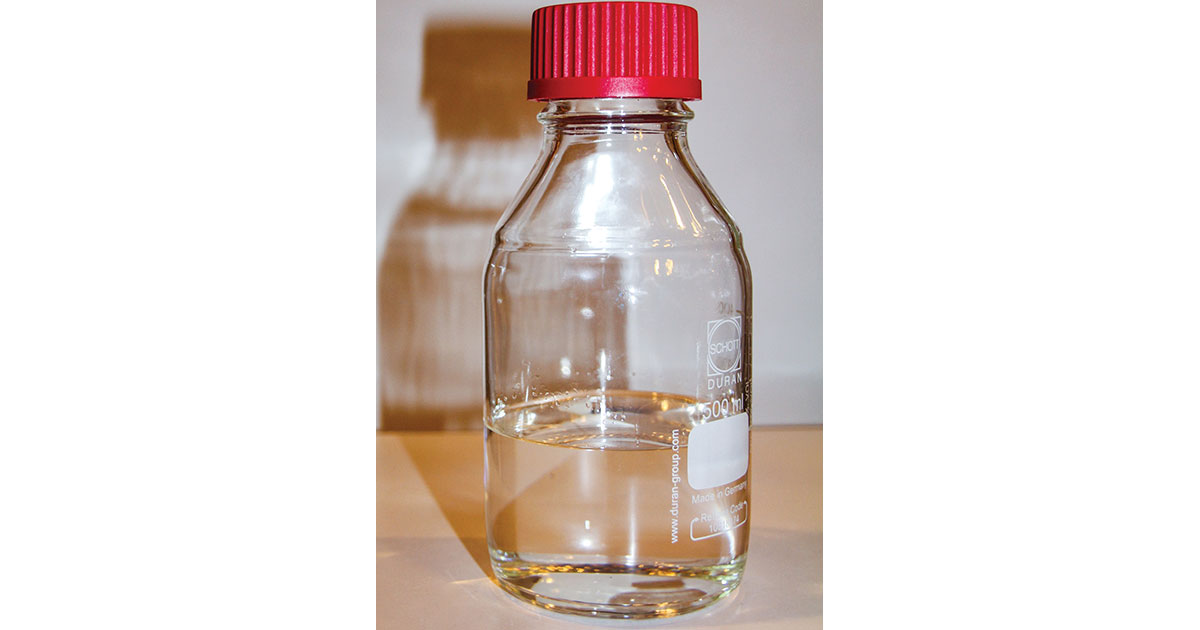Advertisement
Grab your lab coat. Let's get started
Welcome!
Welcome!
Create an account below to get 6 C&EN articles per month, receive newsletters and more - all free.
It seems this is your first time logging in online. Please enter the following information to continue.
As an ACS member you automatically get access to this site. All we need is few more details to create your reading experience.
Not you? Sign in with a different account.
Not you? Sign in with a different account.
ERROR 1
ERROR 1
ERROR 2
ERROR 2
ERROR 2
ERROR 2
ERROR 2
Password and Confirm password must match.
If you have an ACS member number, please enter it here so we can link this account to your membership. (optional)
ERROR 2
ACS values your privacy. By submitting your information, you are gaining access to C&EN and subscribing to our weekly newsletter. We use the information you provide to make your reading experience better, and we will never sell your data to third party members.
Policy
Confusion Reigns on Rail Shipments
Court's decision to let hazardous shipment ban stand is under appeal
by Jeff Johnson
April 25, 2005
| A version of this story appeared in
Volume 83, Issue 17

On April 18, U.S. District Court Judge Emmet G. Sullivan in a 76-page opinion refused to block a Washington, D.C., law banning rail shipments by CSX Transportation (CSXT) of "ultrahazardous material" near the U.S. Capitol because of concerns over a possible terrorist attack.
Hours later, CSXT petitioned the U.S. Court of Appeals for the District of Columbia. A day later--24 hours before the District law was to take effect--the appeals court temporarily halted the law, giving the court time to consider a permanent injunction. Its decision is likely this week.
CSXT and federal government attorneys argue that the D.C. law violates the Constitution's Commerce Clause and is preempted by other federal laws. They also say their counterterrorism enhancements, although secret, are sufficient to protect District residents (C&EN, March 21, page 35).
Sullivan disagreed, saying in his opinion that information presented to him by rail and federal officials does not show citizens are protected and that in this vacuum the District may act. The judge cited statements by federal officials, who said the threat was real but that the government "had essentially done nothing" to reduce vulnerability in the chemical sector. The District's authority is temporary, however, Sullivan continued, and only in force until the federal government acts.
The ruling may have far-reaching implications because the government and Congress have been unwilling to pass laws or issue regulations requiring terrorism countermeasures by railroads and chemical companies and instead have been satisfied with secret, voluntary efforts.
Immediately after the District law passed in January, CSXT sought the injunction. Sullivan had tried to bring city and rail officials together to reach a settlement, but CSXT did not wish to participate.





Join the conversation
Contact the reporter
Submit a Letter to the Editor for publication
Engage with us on Twitter